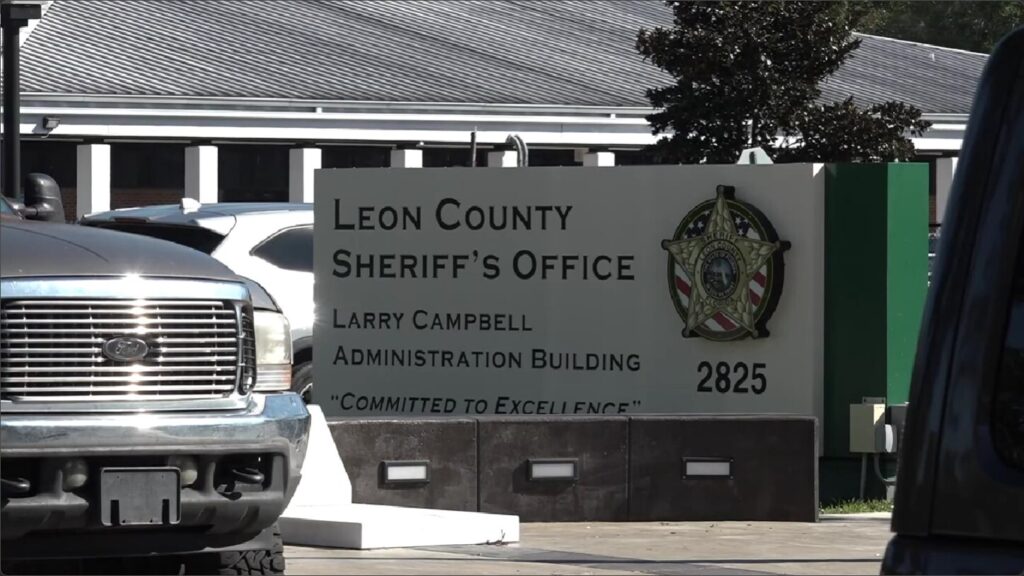
Florida law defines domestic violence as “any assault, aggravated assault, battery, aggravated battery, sexual assault, sexual battery, stalking, aggravated stalking, kidnapping, false imprisonment, or any criminal offense resulting in physical injury or death of one family or household member by another family or household member.”
From 2000 to 2020, in Leon County alone, domestic violence offenses increased by about 33%, but domestic violence-related arrests decreased by approximately 40%, according to the Florida Department of Law Enforcement. And those were just the reported cases.
While the causes of the rise (and fall) of offenses and arrests are too complex to blame just one entity, Senate Bill 1224 seeks to improve the way domestic abuse cases are handled.
On July 1, SB 1224 began creating a statewide lethality assessment. Modeled after the Maryland Lethality Assessment, a lethality survey builds on “evidence-based” policing. When law enforcement answers a domestic disturbance call, they ask a potential victim of intimate partner abuse about 10 to 15 questions and document any visible physical injuries on any of the parties involved. Then, they would assess the level of risk, record the victim’s answers and refer the victim to domestic violence resources if they were deemed “high-risk.”
Suppose the victim is unable to or refuses to provide sufficient information to complete the assessment. In that case, the officer must document a lack of response and refer the victim to the nearest domestic violence center, regardless of whether an arrest occurred.
The Tallahassee Police Department prides itself on being on the frontlines of this issue.
“Some of the questions that were in [the proposed lethality assessment], we actually ask them. Maybe not per se, word for word, but [questions like] “How long have you guys been dating? Have they done this before? How many times have you called us/reported this? Has this happened anywhere else or been reported at another agency?’’ Tallahassee Police Sgt. Damon Miller said.
With their basic response procedure, victims’ rights brochure, and relationship with Refuge House, a local domestic violence resource center, Miller described how TPD protocol naturally contained elements that the law now requires of all law enforcement agencies statewide.
“I think it would really help with smaller agencies in smaller towns that might not have all those resources or even think to ask any questions of that nature because they might not come across it as much,” Miller said.
While some officers fear the assessment would negatively impact the victim, the situation or even the efficiency of their response to these delicate and unpredictable cases, the law allows time for the questions to be formulated and agreed upon.
According to Shonda Knight, the executive director for community and media relations at the Leon County Sheriff’s Office, “SB 1224 requires the Florida Department of Law Enforcement to develop the policies, procedures, and training necessary for the implementation of a statewide evidence-based lethality assessment by Jan. 1, 2025.”
The FDLE is a part of a joint task force known as the Lethality Assessment Workgroup. The members of this committee include representatives from the Department of Children and Families, the Florida Sheriffs Association, the Florida Police Chiefs Association, the Florida Partnership to End Domestic Violence, and at least two domestic violence advocacy organizations. The workgroup has until December to submit an analysis of the proposed questions and any recommendations to the lethality form to the Florida Senate.
They also currently hold open meetings to address concerns between each other and members of the public.